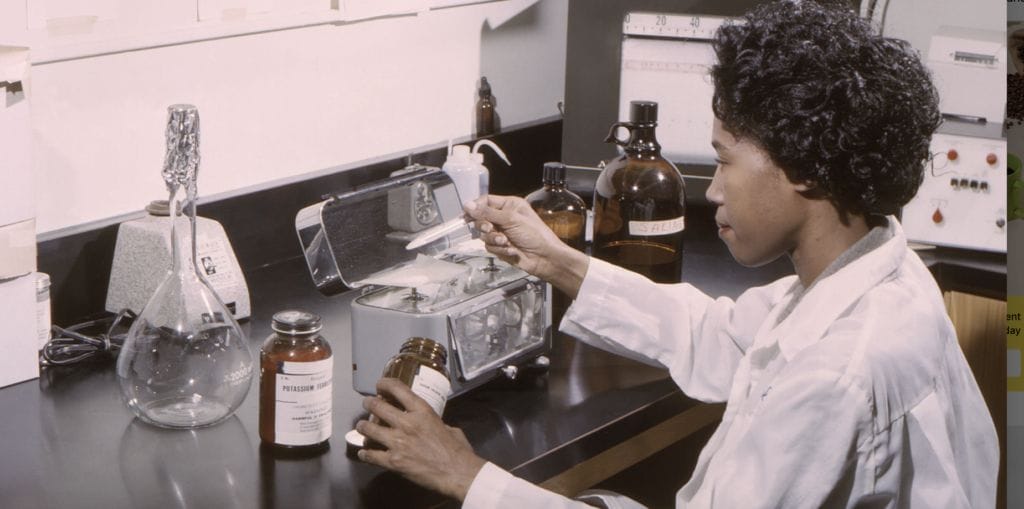The following is an excerpt from The Hill.
Exposure to “forever chemicals” interferes with several critical biological processes — including the metabolism of fats and amino acids — in children and young adults, a new study has found.
The disruption of these processes can increase susceptibility to a variety of illnesses, such as developmental disorders, cardiovascular disease, cancer and metabolic diseases like diabetes, according to the study, published on Wednesday in Environmental Health Perspectives.
Focusing on this age group was particularly important to the authors, as children and young adults go through key stages of development that may make them more vulnerable to toxic exposures.
This stage in life is also the period in which many serious diseases that manifest in adults begin to take root, the researchers noted.
The compounds in question, known as per- and polyfluoroalkyl substances (PFAS), are already linked to illnesses like thyroid disease, testicular cancer and kidney cancer.
Notorious for their ability to persist in the human body, water and soil, these synthetic compounds have become ubiquitous in both the environment and in everyday products.
“We found that exposure to a combination of PFAS not only disrupted lipid and amino acid metabolism but also altered thyroid hormone function,” lead author Jesse Goodrich, of the University of Southern California’s Keck School of Medicine, said in a statement.
(Continued…)
Read more here.

Visit The Sharyl Attkisson Store today
Unique gifts for independent thinkers
Proceeds benefit independent journalism




I would love to see an in depth investigation; correcting for improved infant survival rates or other confabulators to see what the actual average lifespan truly is. Anecdotally, it seems more people are dying in their 40’s, 50’s and 60’s than ever before
More young people are dying because of drug overdose. As a society, we have accepted illicit drug use as a recreational activity. Violence is another reason and it’s also tied to the drugs.
What chemicals are banned in the EU, but allowed in the USA?